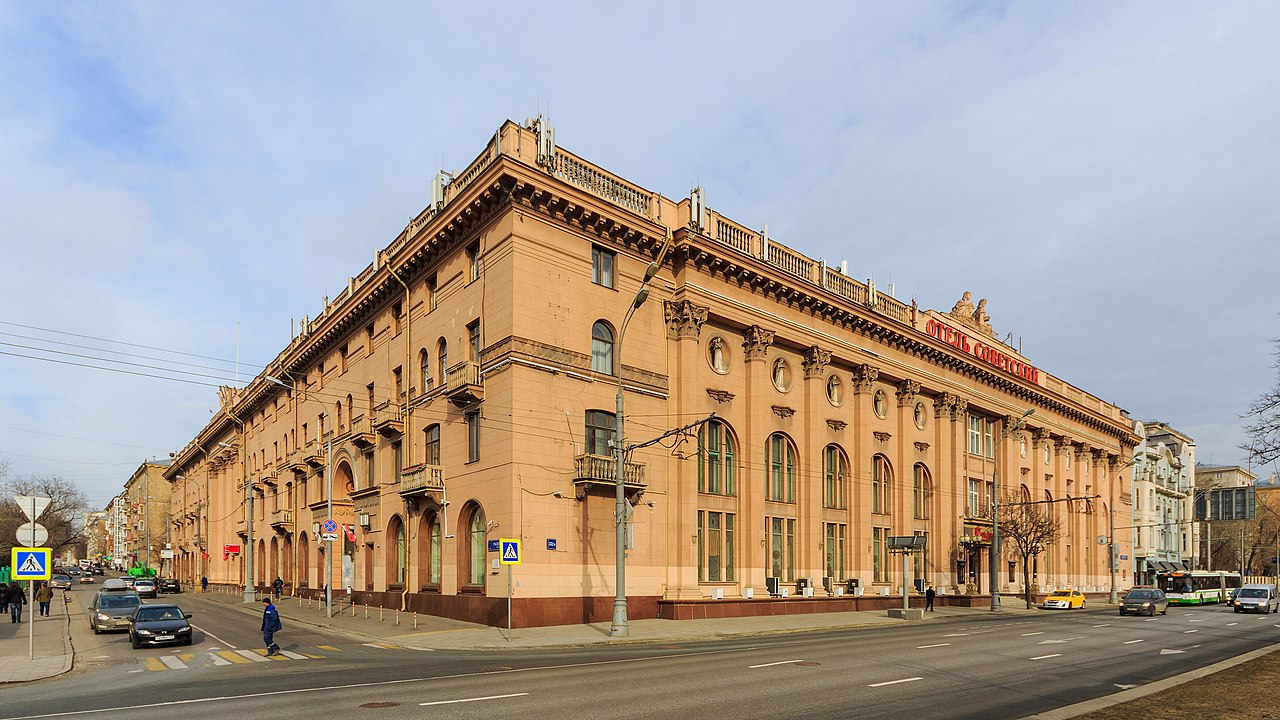Features ROMI.HR
/Theatre is more than art for national minorities – it is a way to share stories, culture, and struggles. On stage, communities can challenge stereotypes, celebrate traditions, and strengthen their sense of identity.
For Roma people, however, professional theatres were almost absent until the 20th century due to poverty, dispersion, and prejudice.
Today, theatres like Moscow’s famous “Romen” show how Roma culture can be voiced and valued worldwide.
Theatre is a very important cultural component for any society. Of course, theatre primarily satisfies the aesthetic needs of a person, but at the same time we should not forget that theatre is also an important social institution. In this regard, theatres of national minorities are of particular interest.
Why is theatre so important for national minorities?
Firstly, theatre is one of the platforms where you can speak out about your problems, and the artistic form amplifies your voice. By performing their stories national minorities can eliminate common beliefs about them and promote a more accurate understanding of their life and difficulties.
Secondly, a stage performance allows you to talk about your past, your culture, your beliefs. Theatre was born from such goals, in the distant past, people reproduced the process of creation of the world and the history of their people in the form of a certain performance. For example, the famous Romanian researcher of mythology and cultural studies Mircea Eliade gives the example of the indigenous people of the islands in the Pacific Ocean, who reproduce their history in stage performances, because for them forgetting their origin is akin to a grave sin. In addition, the theater can be an excellent source of information about the history and culture of its people for those who, for one reason or another, can’t independently familiarise themselves with a written source due to illiteracy or disabilities.
Thirdly, theatre for national minorities is a way to show the world their culture and language. The theatre allows transmitting the most important and deep audiovisual components of the codes of a particular nation.
And, perhaps, one of the main features of the national theatre is the opportunity to feel your belonging to your nation, pride in your culture. All forms of art, including theatre, are able to build a connection with audience on emotional level.
Speaking about Roma culture, despite the fact that it is extremely rich in music, dance and beautiful national costumes, it should be noted that there are practically no professional Roma theaters.

Poster for the Central Romani Theatre ‘Roma’ promoting a musical performance titled Rapsodia - Source: British Library/European Study Blog
The historical absence of theatres for Roma people is largely due to a combination of factors, including the fact that Roma live in small groups in vast territories (the so-called "dispersed settlement"), lack of financial resources, the predominantly oral existence of literary texts, and prejudice and stigmatization against members of this ethnic group.
Only in the 20th century, several Roma theatres were founded in a number of European countries. To illustrate, the theatre “Roma” was founded in 1947 in Sofia, Bulgaria. In the 1990s, the Ukrainian "Romens" and the Slovak "Romathan" were established as well.
Probably the most famous Roma theatre is the «Romen» Theatre in Moscow, Russia. It began with the opening of «Indo-Romen» studio on January 24, 1931, and already in December of the same year the studio received the status of a professional theater and became known as «Romen». An interesting fact is that the actor of the theater of another national minority, Moses Goldblatt from the Moscow State Jewish Theater, was involved in the creation of this group.
Roma music was very popular in the Russian Empire, but professional theater appeared only in connection with the national policy of the Soviet authorities. Despite the contradictory assessments of the Bolsheviks' activities, nevertheless, the voice of the Roma people was heard from the stage, and the study of Roma culture and language began at the state level. The theater is a huge success among the public and tours all over the world.
Theatres play a significant role in representing culture of national minorities, addressing social issues and telling more about history. To sum up, theatre for representatives of national minorities is something more than just a form of art; it is their representation as an ethnic group and contribution to the rich palette of world culture.
Photo Gallery:
 Back to Features
Back to Features














